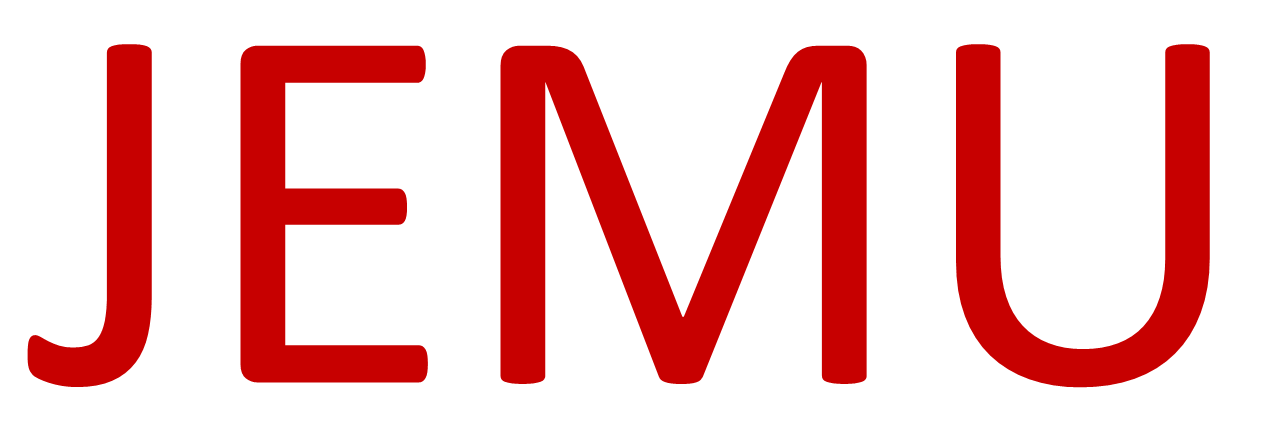Acronym: InsectMOoD
Collaborators: Massimilliano Virgilio (JEMU-RMCA – coordinator), Carl Vangestel (JEMU-RBINS – promotor), Lore Esselens (RMCA – partner)
Funding: The Belgian Science Policy (BELSPO), BRAIN-BE 2.0
Duration: 2020-2023
Summary: The biological collections of the Royal Museum for Central Africa (RMCA) represent valuable repositories of
vouchers collected over the past 150 years in the framework of a wide range of scientific expeditions and
research projects. These collections include an estimated amount of six million insect specimens potentially
available for research on taxonomy and systematics, biodiversity conservation, insect pest control and
pollination ecology. The digitalization of RMCA collections has been the topic of consecutive programs (and
including DIGIT-03, DIGIT-04, 3DSPECTRAL, DiSSCo-FED) and allowed converting a large number of
morphological vouchers into digital vouchers that can now be accessed by a larger public. Considerably less
effort has been put in valorizing the impressive bulk of genomic resources associated with Museum collections,
although ready-to-use genomic data could be of great interest in the context of fundamental or applied research.
The cost of genomic analyses represented so far one of the main limiting factors hampering the large-scale
genotyping of Museum vouchers. Yet, the rapid advances in the field of genomics over the past few years have
now led to substantial reductions in the cost of whole genome sequencing (WGS) and related techniques,
opening new perspectives in the exploitation and valorization of Museum collections. Additionally, an increasing
number of dedicated -omic protocols for sub-optimal or ancient DNA from Museum vouchers (museomics) have
become available with the specific objective of mining genomic data from collections.
With this project we aim at promoting the genotyping of Museum vouchers as a routine procedure to preserve
and valorize the genomic information associated to the collection specimens. This approach relies on the
archiving of “genomic vouchers” as a valuable complement to the archiving of morphological and digital
vouchers. We will provide a test-case for the creation of an insect genomic collection (in addition to the morphological and digital collections) as an open-access and economically affordable repository of genomic
resources. In this initial phase, we will focus on hoverflies (Diptera, Syrphidae) and “true” fruit flies (Diptera,
Tephritidae), two taxon groups for which RMCA has considerable taxonomic expertise, with the idea of
developing a decision map that could also be used for the large scale genotyping of insect collections. The
optimization of experimental protocols and the collection of the genomic data will be coordinated by the Joint
Experimental Molecular Unit (JEMU) of RMCA and RBINS. This project, focusing on biological collections, is in line
with the national thematic call research priority #1 (Heritage Science, developing methodologies to ensure the
physical and digital integrity of collections) and will allow
1) extracting and preserving genetic material (DNA) from Museum vouchers
2) securing the long-term use of genetic resources by maintaining an open-access DNA bank associated to insect
collections (based on the currently available RMCA infrastructures)
3) archiving the voucher genetic information in digital format (WGS data)
4) providing a better understanding of factors and processes affecting the integrity of genetic resources
associated to Museum collections
5) applying innovative approaches and protocols as a preventive or curative intervention (respectively in
properly or poorly preserved DNA)
6) develop a decision map to establish priorities and most suitable protocols for the routine genotyping of the
RMCA insect collections.
The vouchers processed will be incorporated in open-access databases after linkage to (a) collection voucher
information, (b) digital image, (c) DNA extract, (d) WGS data. This information will be publicly available via the
websites of RMCA, using standardised databasing procedures and could be used in the framework of national
and international collaborative research.



